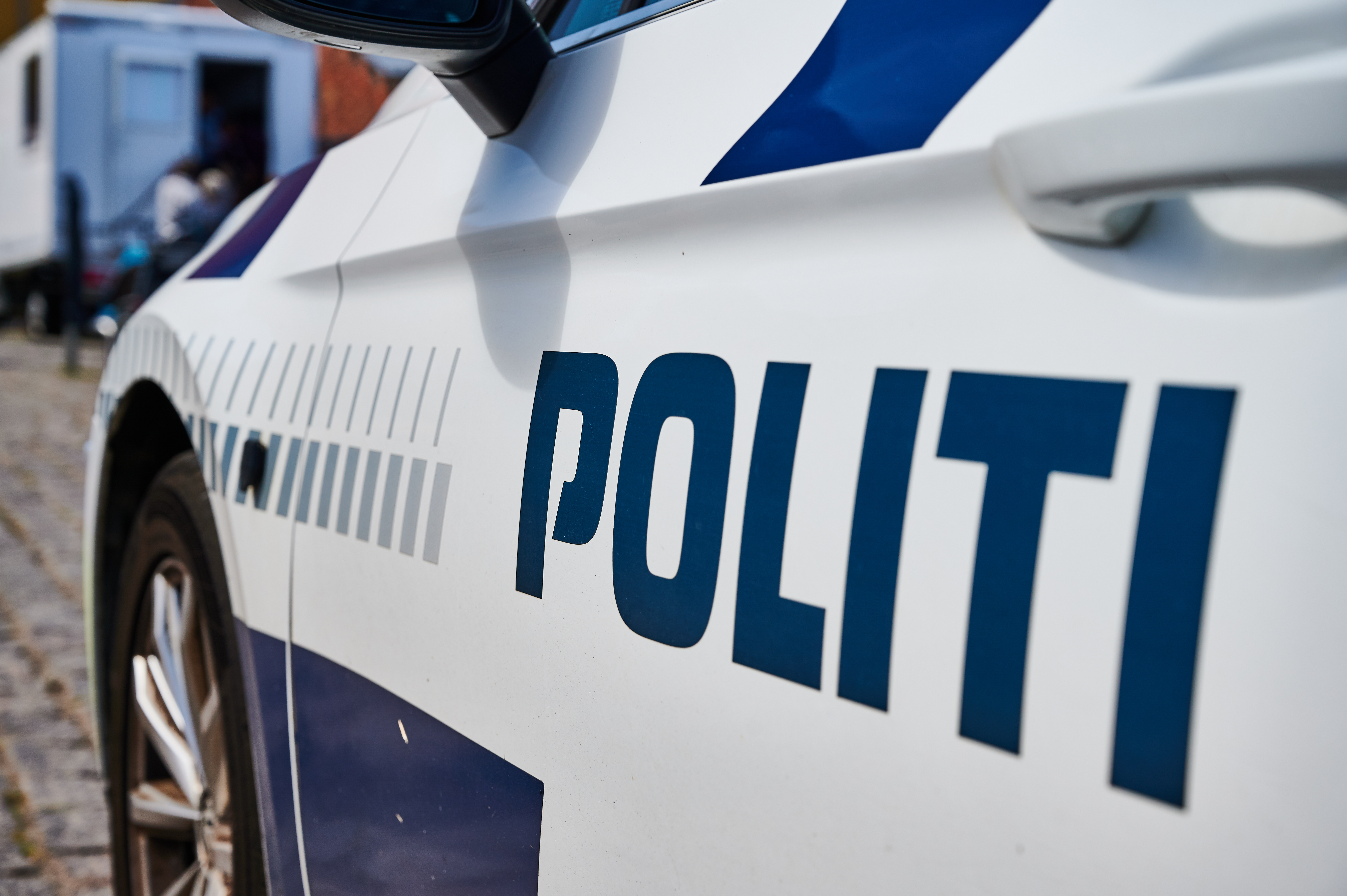What policing looks like online
When the police patrol the streets, officers often have to act quickly. On the internet, there may be more time for reflection, but on the other hand, digital development is moving fast, and it is international companies that are swinging the baton. Research has uncovered the benefits and pitfalls of policing online.

The police gaze. The ability to identify where attention is needed when you as a police officer patrol streets and alleys.
The police gaze is developed through experience, analysis and professional knowledge. But what happens to the police gaze when crime takes place online?
»Here, the officers do not have the same degree of experience, nor the same degree of opportunity to move around and let their gaze wander between different situations as they do when they patrol in a physical space. And there are an extremely large number of digital streets and alleys you can walk down,« says Kira Vrist Rønn, associate professor at the Department of Political Science and Public Management at the University of Southern Denmark (SDU).
From 2021 to the beginning of 2024, she headed a research project that, with support from Independent Research Fund Denmark, was to map the prerequisites for online policing.
The research was divided into three parts: online patrolling, online investigation, and a theoretical part, which combined the first two to describe how the police profession is changed by the addition of digital elements.
Playing Fortnite with the young
In Denmark, the Police Online Patrol was launched from April 2022, i.e. while the research project was underway. However, it is in Norway that they were the first to have police patrols on the internet, so Kira Vrist Rønn went north.
In Norway, all police districts have an online police patrol, which is often located under the police district's prevention department.
The patrols spend a lot of time informing about crime trends online, such as the risk of fraud online, or if there is an increase in the number of, for example, burglaries in specific places. Then it is mentioned on social media.
»They also try to reach out to the population via various online channels to create trust. This is done, for example, online by making TikTok dance videos or other more show-like things, where you show the police from a more human and often quite self-deprecating side. And then you do it by interacting with young people in particular at various online games. By inviting young people to play Fortnite with the police. And at the same time, by having a chat function where young people can chat with the police,« Kira Vrist Rønn elaborates.
In this way, the online patrols will have a greater focus on benefiting the reputation.
The police gaze, i.e. the estimate you make in relation to whether it is a situation you as a police officer should handle, also changes.
»The online patrols are still quite new. Therefore, they are also a little more fumbling in relation to determining whether something is a police task. To a large extent, it has to do with the fact that they want to make a good impression. Therefore, more scenarios are perceived as police tasks when working online. That is, in relation to what the officers can take care of and what questions they can answer from the citizens,« explains Kira Vrist Rønn.
As part of the project, she hired a postdoc, Mia Rosa Koss Hartmann, who looked at the investigative part of police work online.
Here, the conclusion is that digital development is taking place so fast that the individual investigator does not have time to wait for an official course with the right tools to arrive.
Instead, the investigators themselves acquire the competencies on an ongoing basis via all sorts of channels other than the official one. This creates new workflows, and it can pose some potential challenges for the police as an organization to be able to keep up.
Three aspects characterize the police's work online
As the final part of the project, the experiences from the first two parts were analysed by visiting researchers from the UK, Liam Ralph, and the Netherlands, Daniel Trottier, as well as Adam Diderichsen, associate professor at the Royal Danish Defence College.
They see three things in particular that distinguish police work online from traditional police work.
First, there's ownership. When the police patrol the roads in Denmark, they are Danish and often publicly owned. But the digital roads are usually international and privately owned. This means that the police are subject to some rules that are laid down by the international companies.
Secondly, there is a different pace of police work. Out in the physical world, the police often have to act here and now, for example if a fight is brewing. On the internet, it is possible to go out for a cup of coffee or talk through the situation with colleagues before acting, and thus other tools are used to resolve conflicts.
Thirdly, the exposure via social media can lead to the individual police officers becoming a form of celebrity.
»The research has uncovered the risks and potentials associated with launching such initiatives in different versions. It has to do with the understanding you have of the police. In a Danish and Norwegian context, there is a high degree of trust in the police online. There is no such thing in England, for example, where there is no expectation and acceptance that the police should be present online in the same way as in Denmark and Norway, for example,« concludes Kira Vrist Rønn, who shares the results of her research and has, among other things, been back to Norway to emphasize her points to the Norwegian police.
Grant recipient
Kira Vrist Rønn
University of Southern Denmark
Project
The online police gaze: Police discretion in the digital age
Amount
2.731.284 kr.
